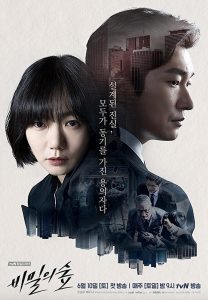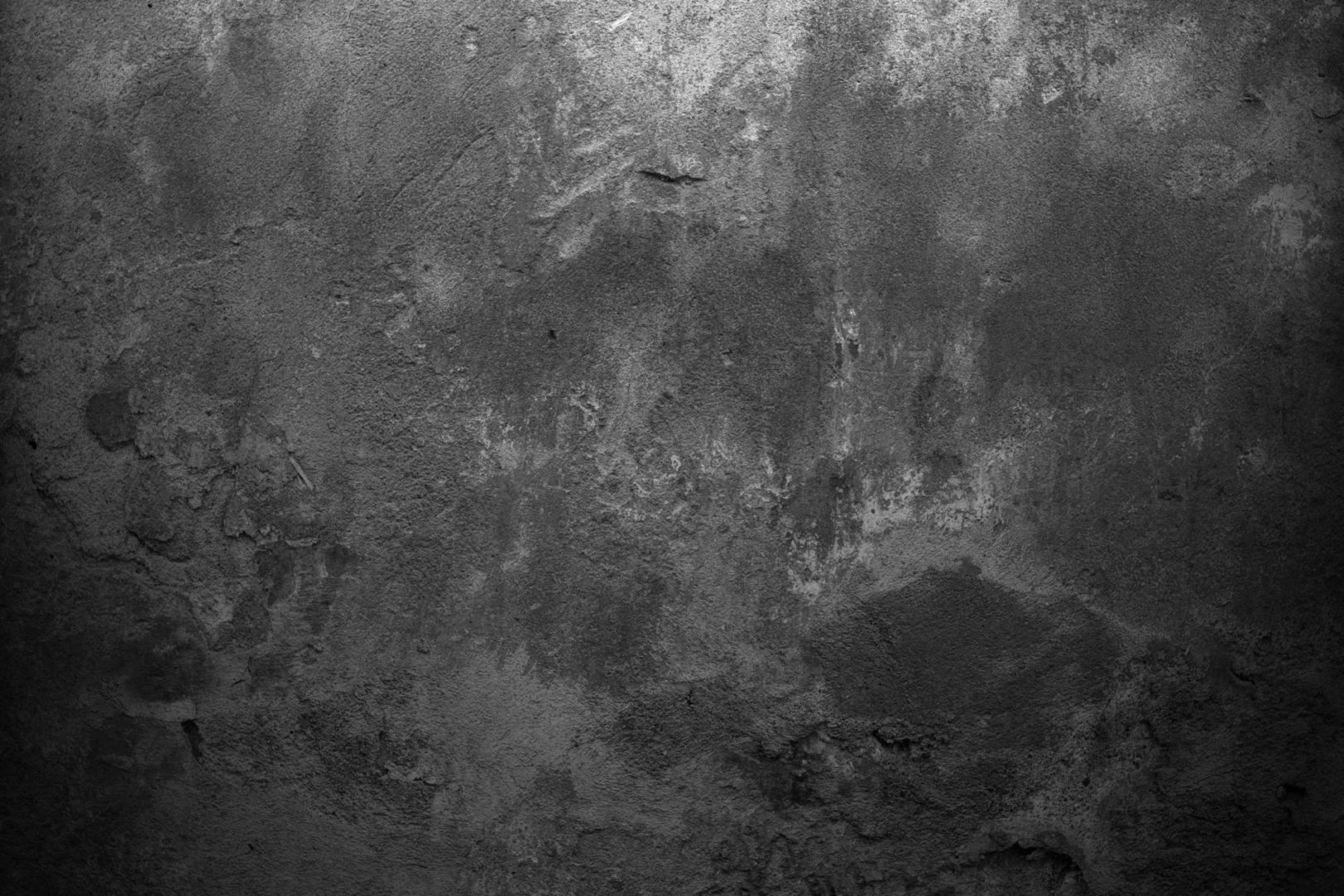14.06.2018
“Stranger”
How a hit South Korean TV crime drama celebrates the power of constitutional democracy
 In the 16th and final episode of “Stranger” (US title), also known as “Secret Forest”, the hit TV crime drama by Soo-youn Lee (60′, 2017) that held South Korea spellbound last summer, the main character gives a passionate public summation of the lessons learned after uncovering a massive corruption scheme involving all strata of Korean public life – lawyers, judges, politicians, businessmen and police officials. The outcome in this particular case constitutes by no means a happy ending. Too many lives have been lost, too many deep wounds have been inflicted. But the madness has run its course and the essence of human decency has been preserved, enough to create hope that something healthier can spring from it for future generations. But it is not easy, as Hwang Shi-mok, the fictional federal prosecutor points out. When democracy hangs by a thread, there is only one reason for optimism:
In the 16th and final episode of “Stranger” (US title), also known as “Secret Forest”, the hit TV crime drama by Soo-youn Lee (60′, 2017) that held South Korea spellbound last summer, the main character gives a passionate public summation of the lessons learned after uncovering a massive corruption scheme involving all strata of Korean public life – lawyers, judges, politicians, businessmen and police officials. The outcome in this particular case constitutes by no means a happy ending. Too many lives have been lost, too many deep wounds have been inflicted. But the madness has run its course and the essence of human decency has been preserved, enough to create hope that something healthier can spring from it for future generations. But it is not easy, as Hwang Shi-mok, the fictional federal prosecutor points out. When democracy hangs by a thread, there is only one reason for optimism:
“The most powerful weapon law enforcement can have is constitutional law. We can continue to fight as long as the constitution exists.”
The statement made me pick up the remote to rewind the segment, to be sure I had heard right. That the sentence resonated so immediately and so strongly says a lot about the times we live in. It could have been uttered in almost any part of the world today – by Hong Kong activists, fighting to curb Communist China’s ruthless bullying and brutal repression of dissent; by U.S. Justice Department officials, struggling to remain impartial arbiters of the law against the bold attempts of encroachment by a President who appears to be guided less by his democratic mandate than his autocratic instincts; in Russia, where a small but daring group of dissidents is taking on a powerful criminal elite in overwhelming control of the levers of wealth and power; or in Burma and in Syria, where all the hell fires of damnation seem to be burning simultaneously. Only the two world wars of the 20th century would seem more apocalyptic – their horrors defined by their staggering human toll, the monstrosity of the Holocaust and the deployment of two atomic bombs against the civilian population of Japan .
Yet, like a precious time capsule buried in the sand, hope exists. Constitutional democracies are imperfect yet beautiful creatures, at once fragile and resilient, their central documents outlining our highest ideals, distilled to their essence, the summation of what is best in us. In a few carefully crafted words, they lay out the path for a humanistic society – fundamental principles that protect human dignity and human life, that demand equality and respect, powerfully rejecting discrimination and hate. Democratic constitutions mark our hopeful beginnings and form a powerful bulwark against an authoritarian end. We invoke them as the option of last resort, as if appealing to our better angels. Most importantly, even in times of greatest strife and most dismal failures, constitutions – and their spirit – exist. Hwang Shi-mok summed it up succinctly: As long as their rebellious seed is preserved, we, the people, will prevail.
Oficial website – The New York Times (December 4, 2017) nominated “Strangers” one of “The best TV shows 2017”
Photo: Stranger on INDb
Contact: sberger37@hotmail.com






